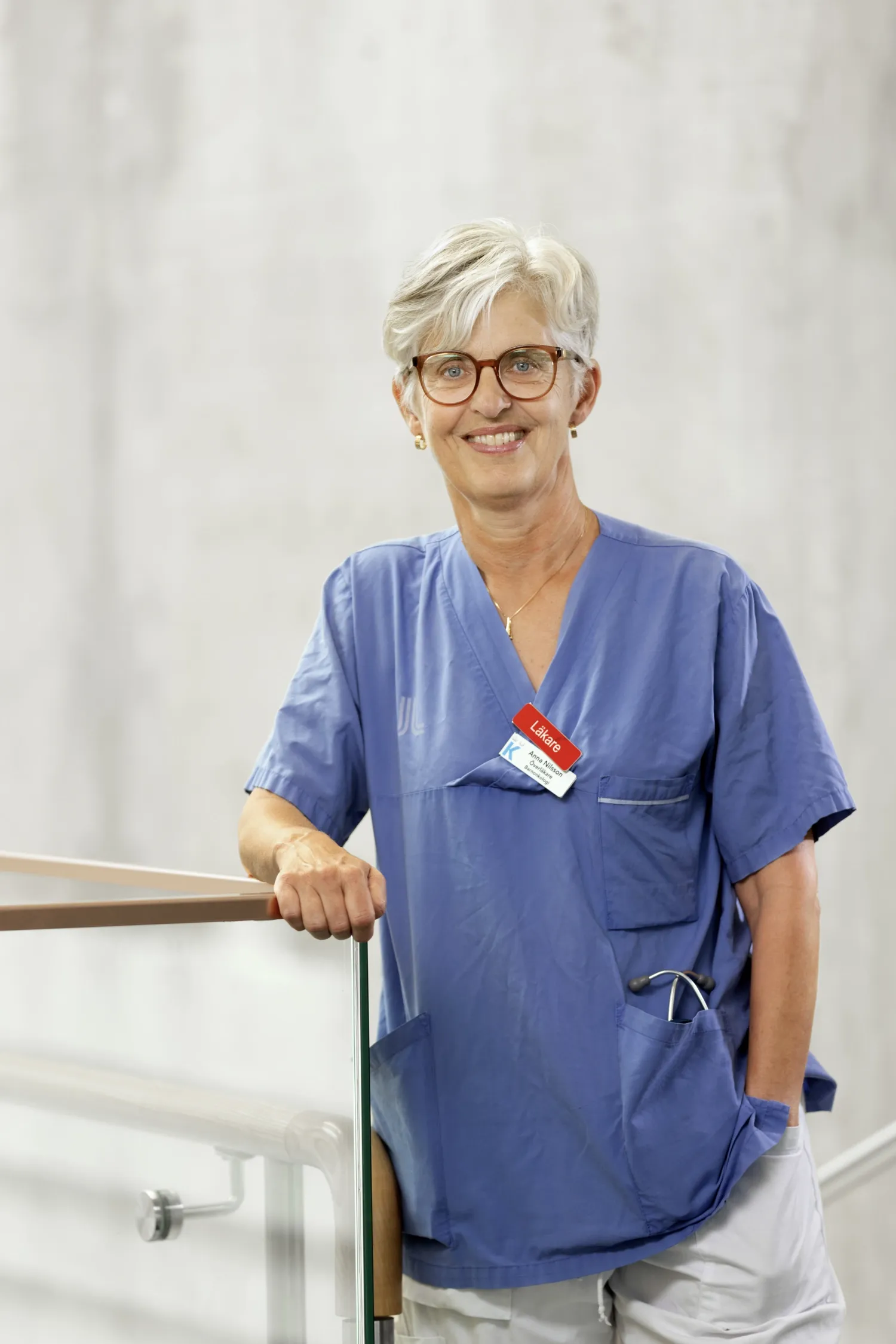Children who have undergone treatment for cancer often lose the protection against infection provided by previous vaccinations. Anna Nilsson is studying how cancer therapies affect the immune system in order to improve vaccination guidelines for these children. Meet one of the new professors of Karolinska Institutet who will participate in this year's installation ceremony at Aula Medica on 3 October.
Text: Karin Tideström, for KI's installation ceremony booklet 2024
What are you researching?
"My research area is vaccination after cancer therapy in children. Children who receive chemotherapy often lose the antibodies that have been generated by earlier vaccinations and it's not always the case that revaccination is able to restore the level of protection. In my research, I am studying how chemotherapy and other immunomodulating drugs affect antibody-producing plasma cells and their support cells in the bone marrow. We are also evaluating compliance with the revaccination guidelines for children with cancer and whether they have the desired effect, by which I mean if the children have the same vaccine-induced protection against infection as the normal population later in life."
Why is this important?

"It's important that individuals who have been seriously ill early in life are properly vaccinated against infectious diseases to ensure that they'll be able to live a normal lives and do things their peers do, like go travelling. In Sweden, the risk of being infected by the diseases that are included in the childhood vaccination programme is relatively low. Since the vaccine coverage is high the diseases remain contained. In countries where childhood vaccination programmes have less coverage, the risk is higher. We therefore need to focus on improved vaccination, perhaps by giving an increased number or more frequent doses for children being treated for cancer."
How do you hope that the results of your research can be used?
"I hope that my research will give rise to better vaccination guidelines for children who have received cancer therapy or other immunomodulating treatment. A lesson learned from the pandemic is that knowledge about vaccines and childhood vaccinations is important also in highly specialised pediatric care and not only at child health care clinics and school health care. I hope my research will be able to add to this knowledge."
About Anna Nilsson
Professor of Paediatric Oncology at the Department of Women's and Children's Health
Anna Nilsson was born in 1965 and grew up in Utansjö, just north of Härnösand. She took her medical degree from Karolinska Institutet in 1991 and earned a PhD in 2004 with a thesis on the regulation of antibody production in immunocompromised patients. She was made docent in 2009 and senior lecturer at the Department of Women's and Children's Health in 2012. Anna Nilsson has a combined position as a researcher and consultant in paediatric oncology at the Astrid Lindgren Children's Hospital. She was appointed Professor of Paediatric Oncology at the Department of Women's and Children's Health in July 2024.






